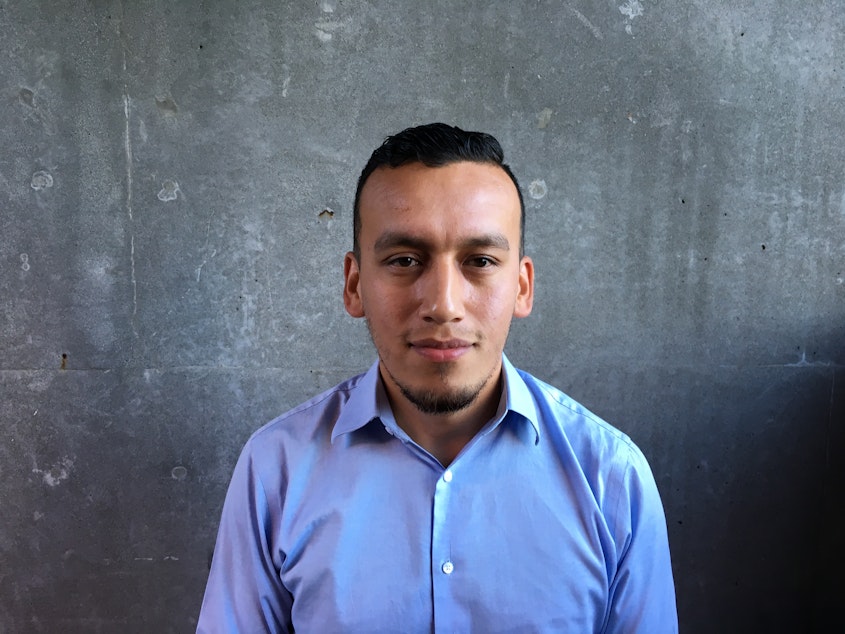How tamales taught this man to be an entrepreneur in the face of gentrification

Gentrification is not a new story here in Seattle. But is there anything people in Seattle can do to mitigate its effects?
Some aspiring business owners are seeking out the help of Pedro Gomez, who works with Seattle's Office of Economic Development.
Gomez helps people who might get pushed out of a gentrifying neighborhood to stay by starting their own small business.
He became an entrepreneur at eight years old out of necessity. He worked in the fields with his family in Fresno, California, and helped his parents earn some extra money by selling bottles of water and singing songs to migrant workers.
When he moved to Walla Walla, Washington, he and his family wanted to earn enough money to buy a home, and the income from working in the fields was not enough. So they performed side gigs in a range of specialties including hairstyling, teaching dance and selling tamales.
Sponsored
He soon learned some of the less rosy realities of running a business. To serve his clients' tastes he made his tamales less spicy, for example.
But on the other hand, he was able to raise prices.
Gomez has taken some of these lessons and used them to help low income people suffering from some of the effects of gentrification to start their own enterprises. He's worked with restaurant owners, barbers, bicycle repair shop owners and more.
The compromises some have to make along the way can be difficult.
"It is awkward," Gomez said. "It's not always easy to just say, well let me sell it to this new type of person who enjoys it a different way.
Sponsored
"But maybe that's the ugly side of business. In order to make some profit, change your product a little bit and adapt to the customer. Sometimes that means you have to let go of whatever you were doing before."
In Gomez's view, gentrifiers could take active steps as well.
"Be a good neighbor. Get to know where you're moving into. Understand that there are people that are being kicked out," he said. "Be conscious of the neighborhood you're moving into, its history. Support the mom and pop shops, the people that have been there already. Because at the end of the day, we're all going to benefit from it."

